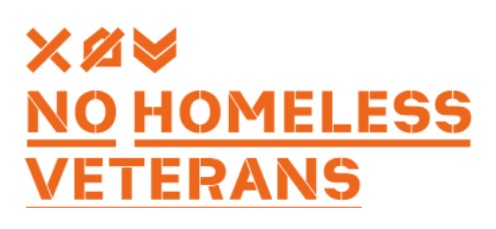Local authorities and housing providers can now access a free resource aimed at reducing veterans’ homelessness. The No Homeless Veterans toolkit has been designed as part of a collaborative campaign by the Sir Oswald Stoll Foundation (Stoll), Homeless Link and the National Housing Federation.
The toolkit contains a self-audit for local authorities and housing providers to complete to assess how well they’re meeting the housing needs of veterans. It provides detailed information on requirements, guidance on ways to improve and examples of best practice and innovation. Tailored versions have been created for England, Scotland and Wales.
Most Armed Forces veterans make a smooth transition from military to civilian life. Yet every year around 300 to 400 veterans end up homeless, and at any one time up to 4,000 require urgent support to find accommodation.
Despite the Armed Forces Covenant, which is a duty of care to support people who leave military life, veterans can find themselves sleeping rough, sofa surfing or living in hostels that aren’t adapted to their specific needs. Help to find appropriate housing is available, but sometimes people miss out because they aren’t identified as a veteran or those helping them don’t have access to all the information they need.
Richard Gammage, CEO of Stoll, said:
“We know that those supporting homeless veterans are working hard to identify them, but that not all have a sufficiently robust system in place. We can now help with that. It’s vital that veterans have a safe place to live to help them rebuild their lives. That’s why we’re supporting local authorities, housing associations and supported housing providers with the tools and information they need to drive down veterans’ homelessness.”
The toolkit will help frontline housing staff identify and provide the right support to veterans, outlining the actions needed to end veterans’ homelessness for good. It has been produced for all housing staff – strategic officers within local authorities, homelessness and housing options teams, housing association staff and supported accommodation providers.
Rick Henderson, CEO of Homeless Link, said:
“We want to ensure that veterans who are experiencing homelessness or at risk of homelessness are identified and steered to the support they’re entitled to as quickly as possible. This free toolkit will give staff all the information they need to be compliant with statutory guidance and go above and beyond to support veterans’ housing needs.”
The toolkit contains examples of best practice from across the UK, including councils in Cambridge, Barnsley, Doncaster, North Lanarkshire, Caerphilly and Hammersmith & Fulham. Other innovative projects featured include housing associations like Riverside and Haig Housing.
Together with the toolkit, Homeless Link is offering free training for all housing staff in local authorities, housing associations and supported housing providers to learn and develop their skills around housing veterans. The online sessions will show people how to identify veterans by asking the right questions, and will provide them with the necessary knowledge to help veterans by linking them into the wide range of services available.
Kate Henderson, Chief Executive of the National Housing Federation, said:
“The toolkit and training are both valuable resources to help customer-facing housing staff to think about veterans’ needs. This will help to ensure no veterans slip through the net and miss out on the support that’s right for them. The training will give local authorities and housing associations the skills they need to work confidently with ex-Service people.”
To access the free toolkit and register for the online training, visit: www.nohomelessveterans.org.uk/resources/

















